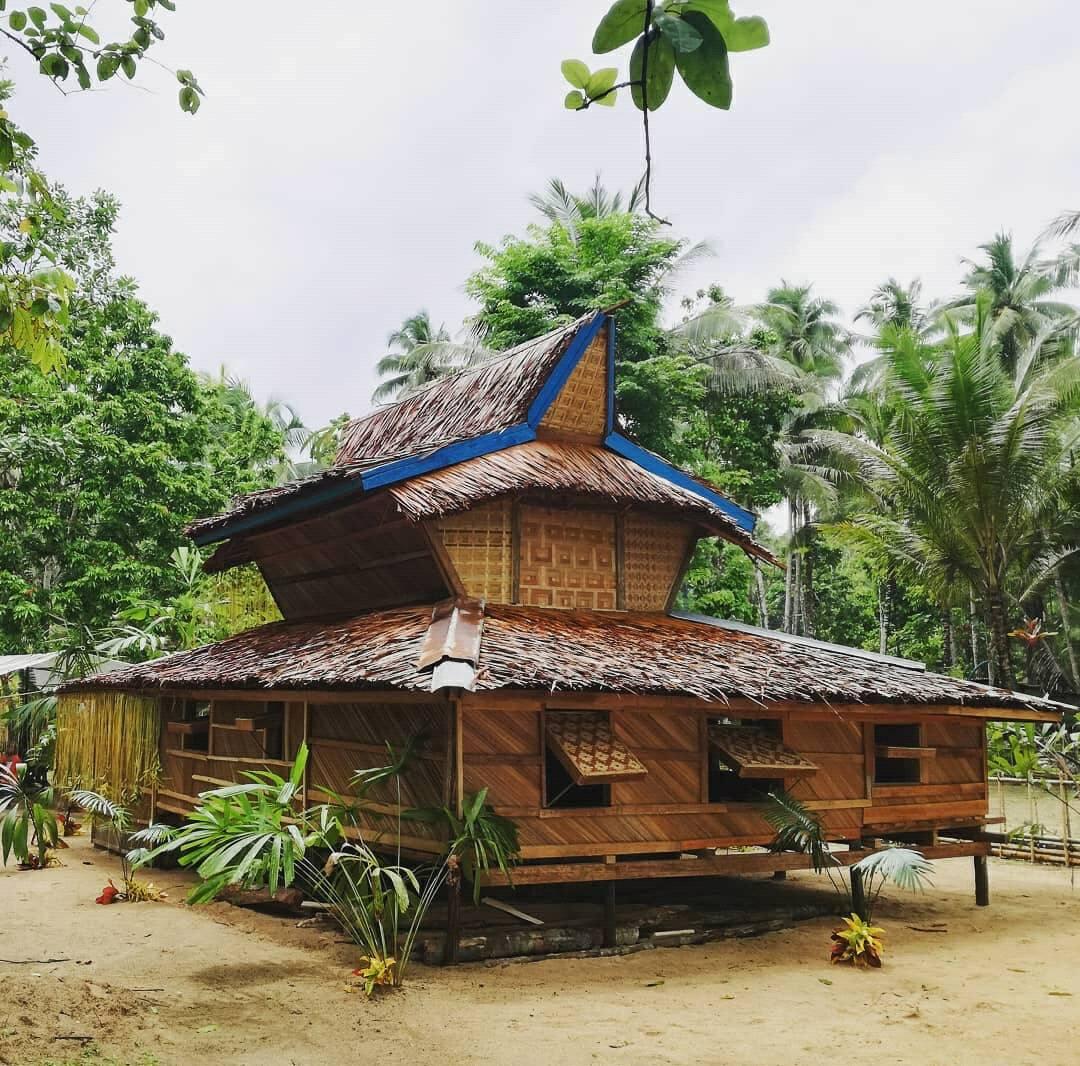In Melanesian cultures, particularly in Manus and other parts of Papua New Guinea, a “Haus Boi” (or men’s house) is a traditional, sacred structure serving as a social and meeting place for men and boys to socialize, learn skills, discuss issues, and pass on knowledge. These men’s houses are symbols of clan pride and male solidarity, with their upkeep and purpose reflecting the clan’s unique values and history, though the tradition is currently facing decline due to factors like land loss from rising sea levels.
Purpose of the Haus Boi
Education and Knowledge Transfer:
Clan leaders use the Haus Boi to pass on traditional knowledge, skills, and cultural practices to younger generations.
Social and Meeting Place:
It serves as a communal space for men and boys to gather, rest, and socialize.
Symbol of Clan Identity:
The Haus Boi is a significant symbol of a clan’s cultural pride and identity.
Forum for Discussion:
Men use the space to discuss clan issues and plan for the future of their community.
Manifestation of Male Solidarity:
The expression of ownership, like “our men’s house” (“haus-boi bilong mipela”), demonstrates male clan solidarity.
Cultural Significance
Traditional Institution:
In former times, some men’s houses were institutions for raising men of valour and strong character.
Community Focus:
While often focused on men, the Haus Boi functions within a broader Melanesian cultural context where community well-being and collective needs often take precedence over individual interests.
Threats to the Tradition
Rising Sea Levels:
In areas like Manus Island, rising sea levels are eroding coastlines and washing away land, making it impossible to maintain the physical structures of the Haus Boi, leading to a loss of clan pride and cultural insignificance.
Social Change:
Broader societal changes and urbanization can also contribute to the decline of these traditional institutions, as noted in discussions about the disappearing Manus Haus Boi system

